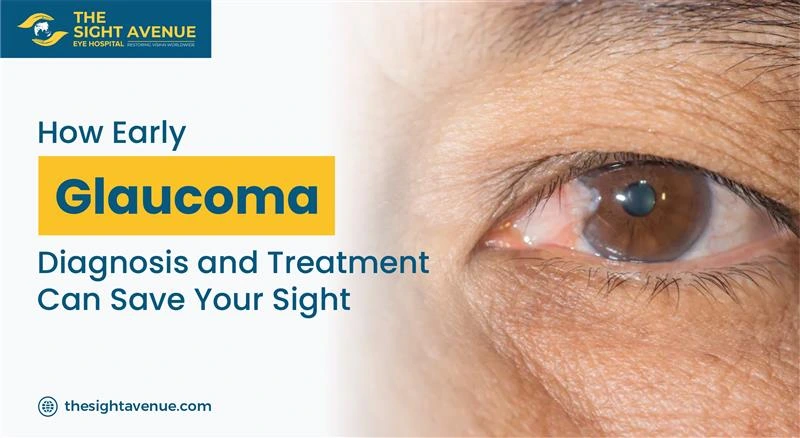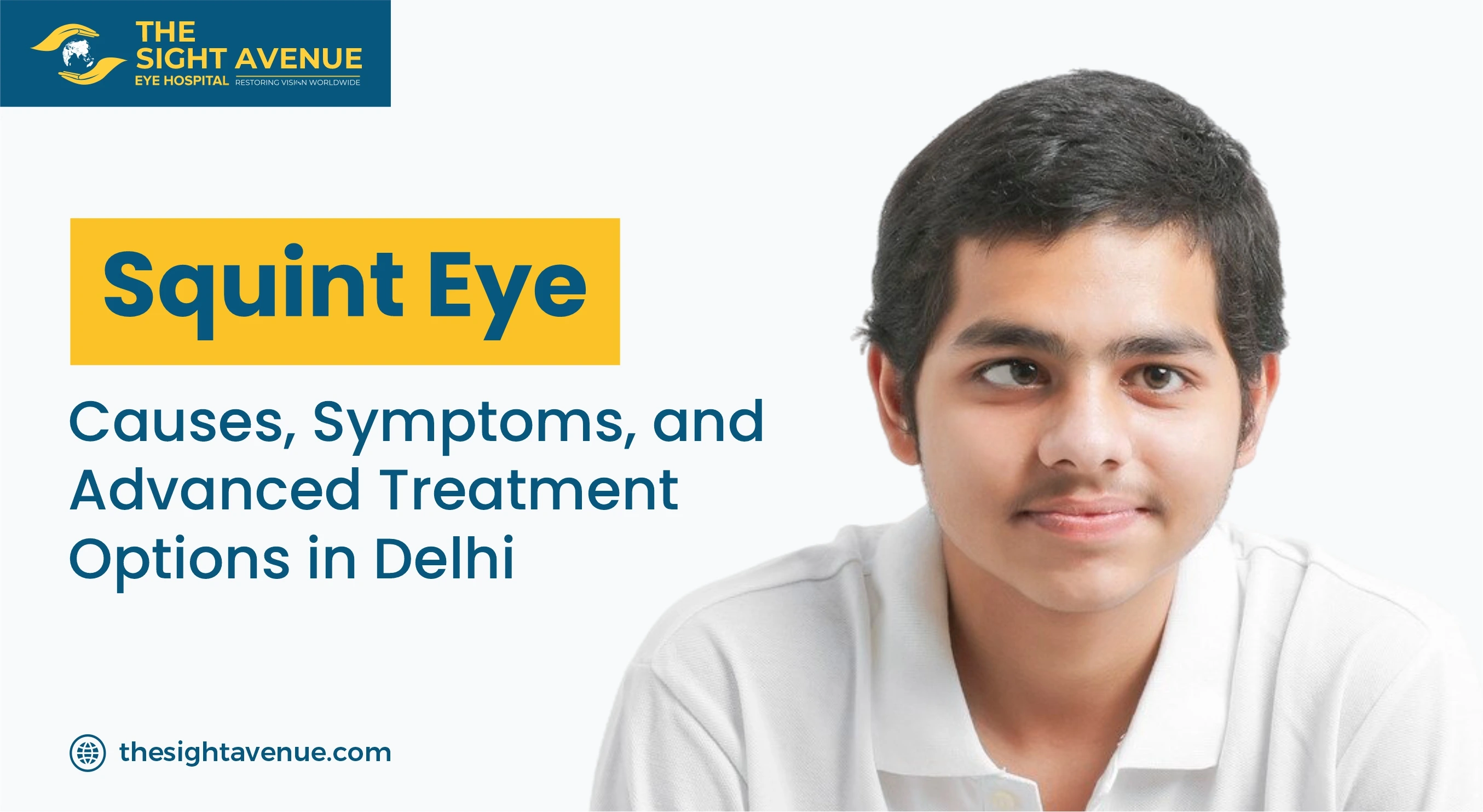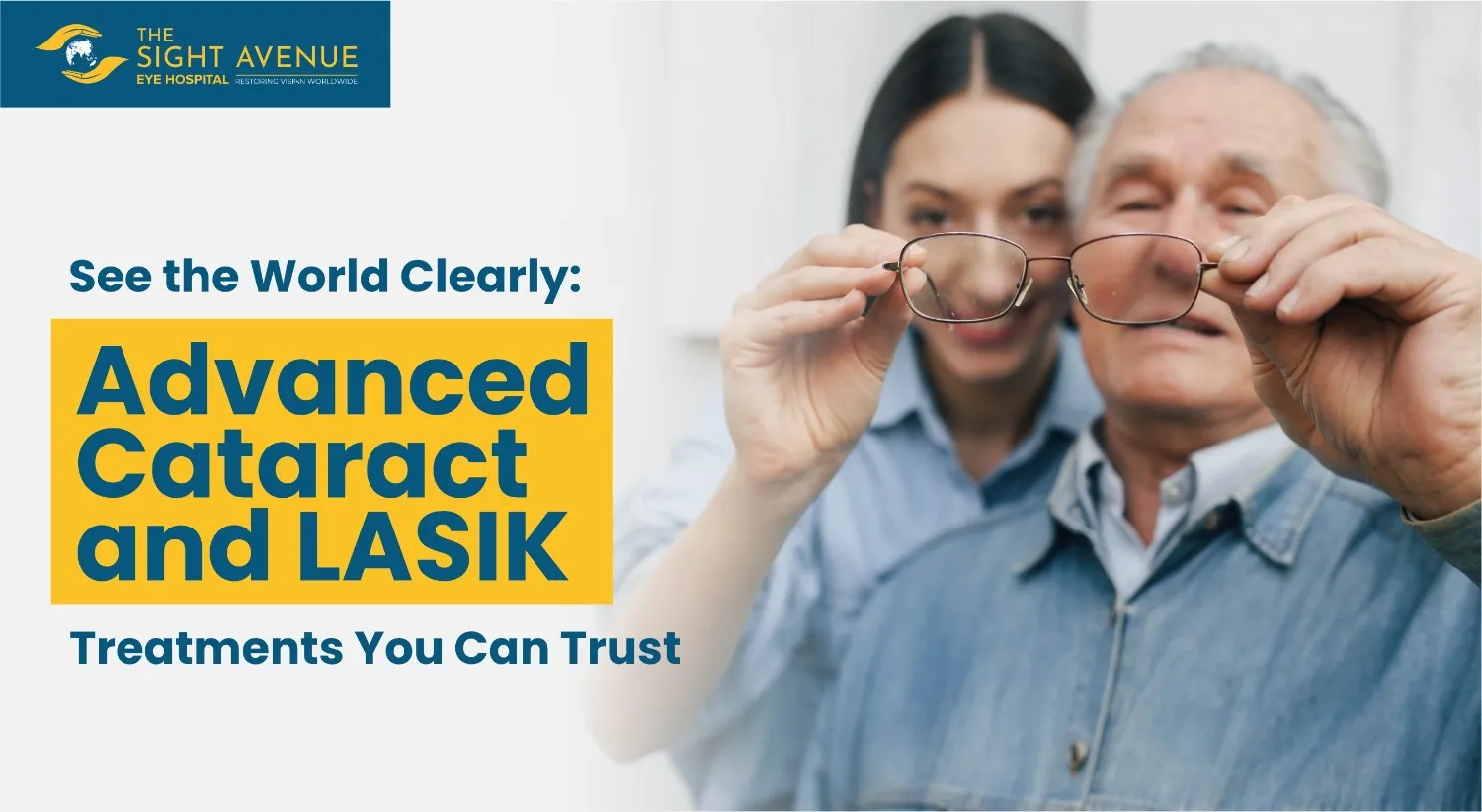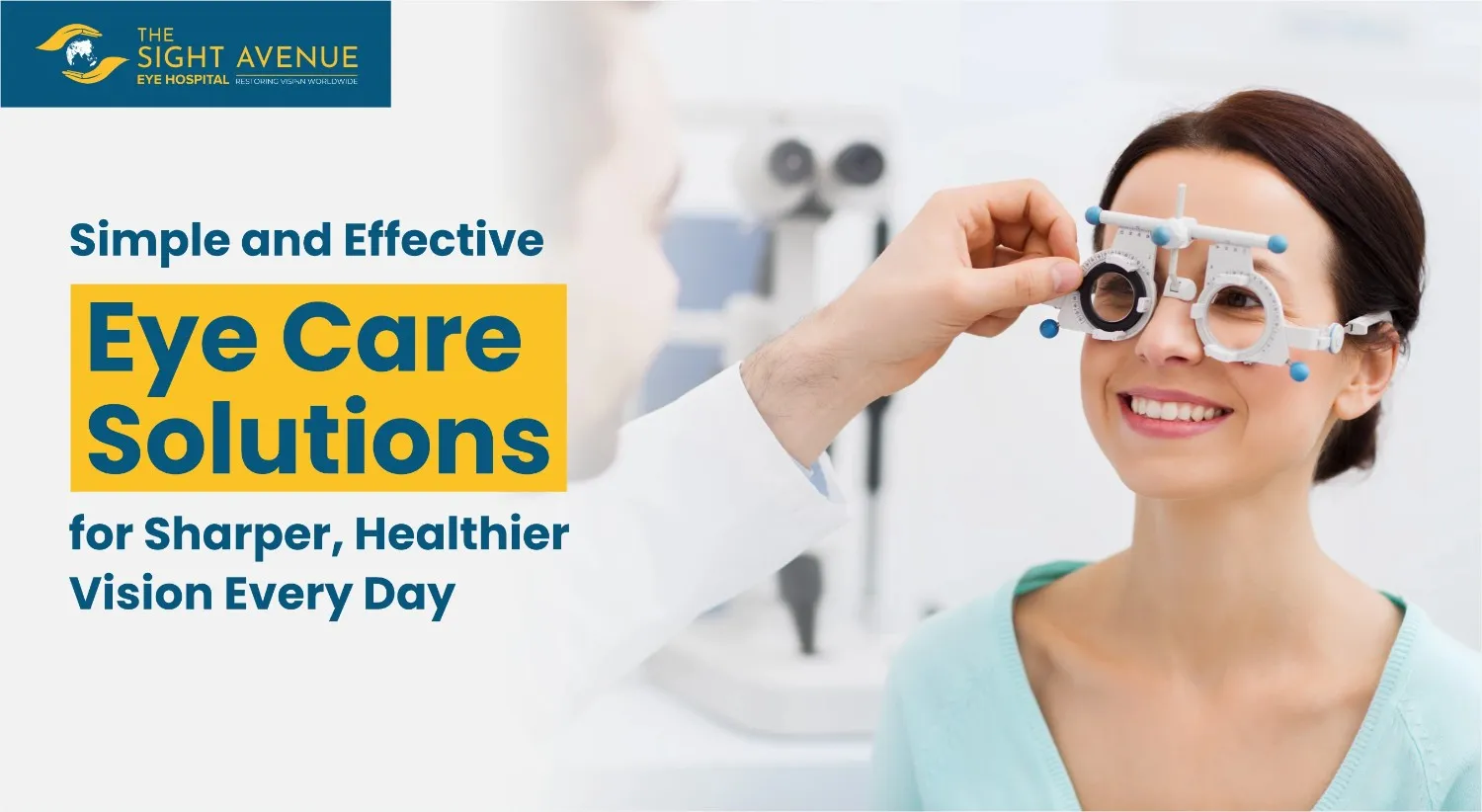All You Need to Know About Retinal Degeneration

Retinal degeneration - the name of this condition sounds very critical, and the condition is also the same because it has a direct effect on your retina, which can badly impact a person's vision. In fact, when someone's retina is damaged, it can cause serious vision problems or even blindness. If you're wondering why retinal degeneration is so serious, then this blog will surely help you get complete information and provide you some treatment options too.
What is Retinal Degeneration?
Retinal degeneration refers to the gradual breakdown or damage to the retina. This can occur due to genetic factors, aging, or underlying health conditions. Common conditions under this umbrella include macular degeneration, retinitis pigmentosa, and diabetic retinopathy.
- Macular Degeneration: Affects the central part of the retina and can cause loss of central vision.
- Retinitis Pigmentosa: A genetic disorder that leads to peripheral vision loss and night blindness.
- Diabetic Retinopathy: Caused by high blood sugar damaging retinal blood vessels.
Symptoms of Retinal Degeneration
Symptoms of retinal degeneration can differ depending on the type and severity of retinal degeneration. Some common symptoms include:
- Blurry Vision: Difficulty focusing or seeing fine details.
- Night Blindness: Struggling to see in low-light conditions.
- Loss of Peripheral Vision: Tunnel vision, making it hard to see objects on the sides.
- Sensitivity to Light: Discomfort or glare in bright environments.
- Dark Spots in Vision: Blind spots or shadows in your visual field.
Early detection of retinal degeneration is crucial as symptoms often progress gradually.
Causes of Retinal Degeneration
Retinal degeneration can be caused by various factors, including:
- Genetic Mutations: Inherited conditions like retinitis pigmentosa.
- Aging: Age-related macular degeneration (AMD) is common in older adults.
- Chronic Conditions: Diabetes, hypertension, or high cholesterol can damage the retina.
- Lifestyle Factors: Smoking and poor diet increase the risk of retinal diseases.
- Trauma or Injury: Eye injuries can cause retinal damage over time.
Understanding the main causes of retinal degeneration is essential for effective management and treatment.
How is Retinal Degeneration Diagnosed?
Diagnosis typically involves a comprehensive eye exam by an ophthalmologist. Key diagnostic methods include:
- Dilated Eye Exam: Allows the doctor to examine the retina for abnormalities.
- OCT (Optical Coherence Tomography): Produces detailed cross-sectional images of the retina.
- Fundus Photography: Captures pictures for the retina to monitor changes.
- Visual Field Testing: Assesses peripheral vision loss.
- Genetic Testing: Identifies inherited retinal conditions.
Early diagnosis of retinal degeneration improves the chances of managing the condition effectively.
Treatment Options for Retinal Degeneration
While retinal degeneration cannot always be cured, various treatments can slow progression and manage symptoms:
- Medications: Anti-VEGF injections for AMD reduce abnormal blood vessel growth.
- Laser Therapy: Used to seal leaking blood vessels or repair retinal tears.
- Surgery: Retinal detachment or advanced degeneration may require surgical intervention.
- Gene Therapy: Emerging treatments focus on correcting genetic mutations.
- Nutritional Supplements: Antioxidants, vitamins, and minerals may help protect retinal cells.
Treatment plans are personalized based on the condition and its severity.
Preventive Measures
While some causes of retinal degeneration are genetic, certain lifestyle changes can reduce your risk:
- Healthy Diet: Include leafy greens, omega-3 fatty acids, and foods rich in vitamins A, C, and E.
- Regular Eye Exams: Detect problems early and monitor changes in vision.
- Manage Serious Disease: Control diabetes, hypertension, and cholesterol levels.
- Quit Smoking: Smoking significantly increases the risk of retinal degeneration.
- Protect Your Eyes: Wear sunglasses to shield your eyes from UV rays.
Prevention is key to maintaining long-term eye health.
Future of Retinal Degeneration Treatment
The development of medical research offers hope for more effective treatments:
- Stem Cell Therapy: Potential to regenerate damaged retinal cells.
- Artificial Retinas: Bionic implants to restore partial vision.
- CRISPR Gene Editing: Correcting genetic mutations responsible for inherited retinal diseases.
- Innovative Drugs: New medications targeting specific pathways in retinal degeneration.
The future looks promising for patients with retinal degeneration.
Conclusion: Protect Your Vision
Retinal degeneration is a serious condition that requires timely attention and care. Understanding the symptoms, causes, and treatment options empowers patients to take proactive steps in protecting their vision.
If you notice changes in your vision or have a family history of retinal disorders, consult an eye specialist immediately at The Sight Avenue Hospital (the best eye hospital in Gurgaon).
Your vision is priceless—prioritize it today!
Eye problems? Searching for an eye specialist near me in Delhi NCR? The Sight Avenue has 5 eye clinics in Delhi NCR. Contact us today!
Eye Hospital in Delhi
- The Sight Avenue
- The Sight Avenue
- The Sight Avenue
E-82-A, Ground Floor, Hansraj Gupta Rd, Greater Kailash I, New Delhi, Delhi 110048
Email:enquiry@thesightavenue.com
Tel : 011-4666 0666
Mob : +91-8883330799
Fortis Hospital, Escorts Okhla, New Delhi
Fortis Hospital, Vasant Kunj, New Delhi
Recent Post





